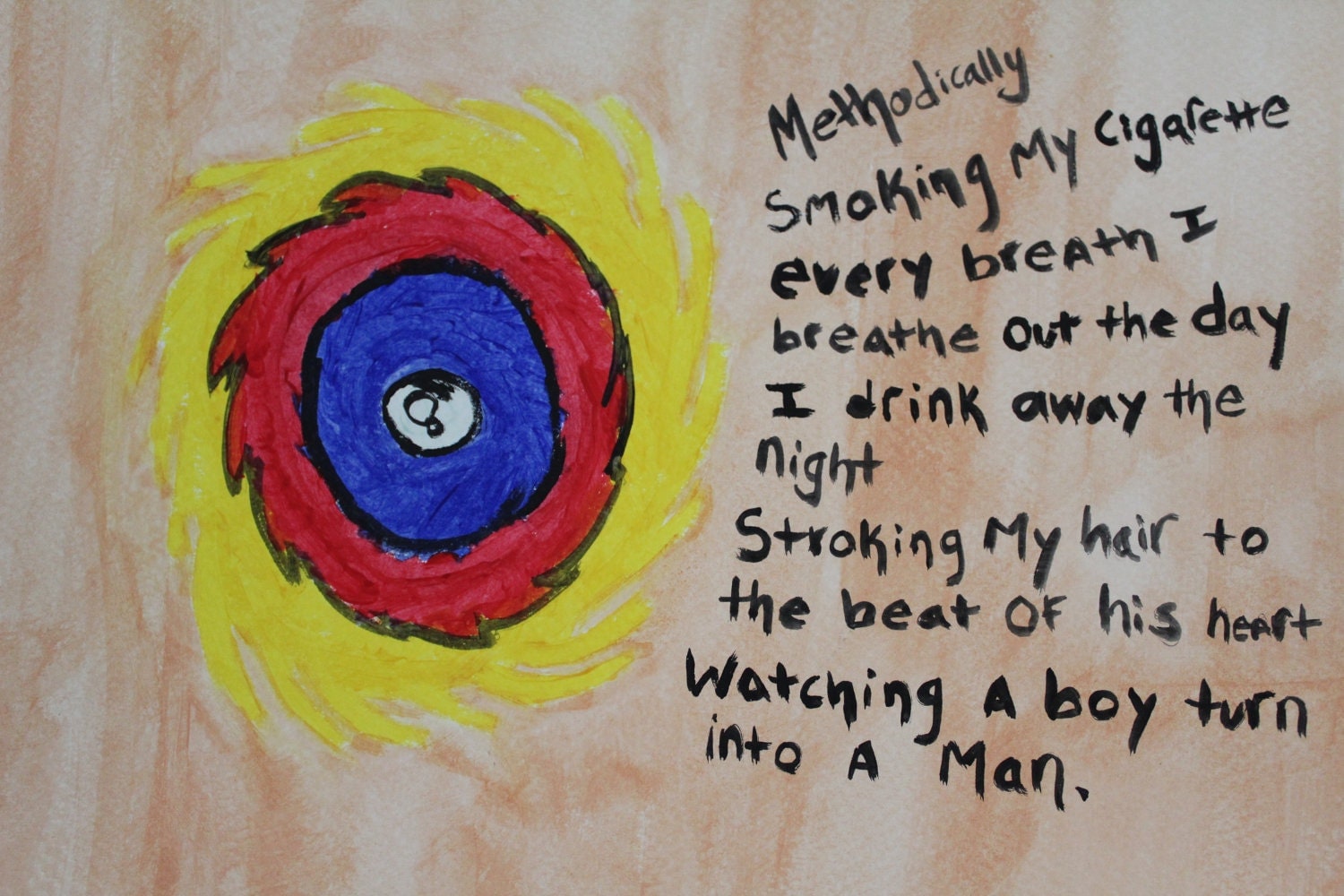
Youth Poet Laureate Amanda Gorman
offers words of hope amid pandemic
April 17, 2020
Let's GoForth
by W.B. Yeats
“Let us go forth,
the tellers of tales,
and seize whatever prey
the heart longs for,
and have no fear.
Everything exists,
everything is true,
and the earth is only a
little dust under our feet.”
W.B. Yeats
The Celtic Twilight: Faerie and Folklore
Jan 1, 1893
During difficult times…
by Elena Mikhalkova
“Grandma once gave me a tip:
During difficult times,
you move forward in small steps.
Do what you have to do,
but little by bit.
Don’t think about the future,
not even what might happen tomorrow.
Wash the dishes.
Take off the dust.
Write a letter.
Make some soup.
Do you see?
You are moving forward step by step.
Take a step and stop.
Get some rest.
Compliment yourself.
Take another step.
Then another one.
You won’t notice, but your steps will grow bigger and bigger.
And time will come when you can think
about the future without crying.
Good morning.”
Elena Mikhalkova
The Room of Ancient Keys
And the People Stayed Home
by Kitty O'Meara
And the people stayed home.
And read books,
and listened, and rested,
and exercised, and made art,
and played games,
and learned new ways of being,
and were still.
And listened more deeply.
Some meditated,
some prayed,
some danced,
some met their shadows,
And the people began
to think differently.
And the people healed.
And, in the absence of people,
living in ignorant,
dangerous,
mindless,
and heartless ways,
the earth began to heal.
And when the danger passed,
And the people joined together again,
they grieved their losses,
and made new choices,
and dreamed new images,
and created new ways to live
and healed the earth fully,
as they had been healed.
Kitty O’Meara
How to Live: Or A Life of Montaigne in One
Question and Twenty Attempts at an Answer
by Sarah Bakewell
Other Press, October 19, 2010
“The effect, in Montaigne’s time as in our own, can be intoxicating. A sixteenth-century admirer, Tabourot des Accords, said that anyone reading the Essays felt as if they themselves had written it.
Over two hundred and fifty years later, the essayist Ralph Waldo Emerson said the same thing in almost the same phrase. “It seemed to me as if I had myself written the book, in some former life.”
“So much have I made him my own,” wrote the twentieth-century novelist André Gide, “that it seems he is my very self.”
And Stefan Zweig, an Austrian writer on the verge of suicide after being forced into exile during the Second World War, found in Montaigne his only real friend: “Here is a ‘you’ in which my ‘I’ is reflected; here is where all distance is abolished.”
The printed page fades from view; a living person steps into the room instead. “Four hundred years disappear like smoke.”

Tic Toc
by Tony Smith
93,047
words I’ve found of my writing. I still have 2014 thru 2019 to
search. 11 years total of FB. I have more somewhere. A typical novel is 75,000
words. I swear I didn’t know I had this much. I’m a lazy writer. I do not write
everyday. I’m discouraged that I won’t get it all together before my time on
the boulder comes to an end. Discouraged there is so much more in my noggin’ I
haven’t pulled out yet. Discouraged I am having trouble now remembering,
finding the right word, even spelling. I’m afraid this is an effect of the tick
fever or the onset of an elder mental disability. I never wanted to write as
much as I do now. I never thought anyone else would like it enough to encourage
me. I never tried to be published like I do now. Hoping for a name brand
publisher instead of self publishing. But that takes a great deal of luck and
time and I hear tic toc and see the leaves come and go. Tic toc like my
heartbeat I heard in my ears as a child.
The man who edits for me is 73. His tic toc I wonder which of ours will stop
first. If I’m lucky, I’m in the morning and I'll limp to the coffee pot. Take the 1st round
of meds. I’ll start on desk chores I hate. I’ll hope I don’t hurt too much to
perform outside tasks. I’ll find a way to sit at the keyboard after a story
rushes through my brain and I can at least remember the motion of it, a smell,
a noise, the trigger of it. I write a lot of humor but there is also pitch
black and tears and screams and clawing in my head. I need to get that out too
but watching your reaction is hard to do. The truth is hard to look at, it
brings fear, regret, remorse and shame to me. The fear of no reaction is maybe
worse.
There it goes again. While I am pecking with my thumb on the iPad qwerty with
one eye open, the tic toc becoming bolder taking me to a tomorrow I hope. G'nite. I never am quite sure where I’ll go when I tap the keys.
Tony Smith
April 22, 2020

I thought a song for sheltering in place might be Too Much Time On My Hands by Styx, but chose Chasing Cars as it speaks to being with someone you love and just forgetting about the troubles of the world. Weird video, but I like this song. - TJ
Snow Patrol - Chasing Cars (2007 version)
Courage
by Anne Sexton
It is in the small things we see it.
The child's first step,
as awesome as an earthquake.
The first time you rode a bike,
wallowing up the sidewalk.
The first spanking when your heart
went on a journey all alone.
When they called you crybaby
or poor or fatty or crazy
and made you into an alien,
you drank their acid
and concealed it.
Later,
if you faced the death of bombs and bullets
you did not do it with a banner,
you did it with only a hat to
comver your heart.
You did not fondle the weakness inside you
though it was there.
Your courage was a small coal
that you kept swallowing.
If your buddy saved you
and died himself in so doing,
then his courage was not courage,
it was love; love as simple as shaving soap.
you did not do it with a banner,
you did it with only a hat to
comver your heart.
You did not fondle the weakness inside you
though it was there.
Your courage was a small coal
that you kept swallowing.
If your buddy saved you
and died himself in so doing,
then his courage was not courage,
it was love; love as simple as shaving soap.
Later,
if you have endured a great despair,
then you did it alone,
getting a transfusion from the fire,
picking the scabs off your heart,
then wringing it out like a sock.
Next, my kinsman, you powdered your sorrow,
you gave it a back rub
and then you covered it with a blanket
and after it had slept a while
it woke to the wings of the roses
and was transformed.
then you did it alone,
getting a transfusion from the fire,
picking the scabs off your heart,
then wringing it out like a sock.
Next, my kinsman, you powdered your sorrow,
you gave it a back rub
and then you covered it with a blanket
and after it had slept a while
it woke to the wings of the roses
and was transformed.
Later,
when you face old age and its natural conclusion
your courage will still be shown in the little ways,
each spring will be a sword you'll sharpen,
those you love will live in a fever of love,
and you'll bargain with the calendar
and at the last moment
when death opens the back door
you'll put on your carpet slippers
and stride out.
your courage will still be shown in the little ways,
each spring will be a sword you'll sharpen,
those you love will live in a fever of love,
and you'll bargain with the calendar
and at the last moment
when death opens the back door
you'll put on your carpet slippers
and stride out.
Anne Sexton


Poem by Crown Heights Jewish Teen Goes Viral
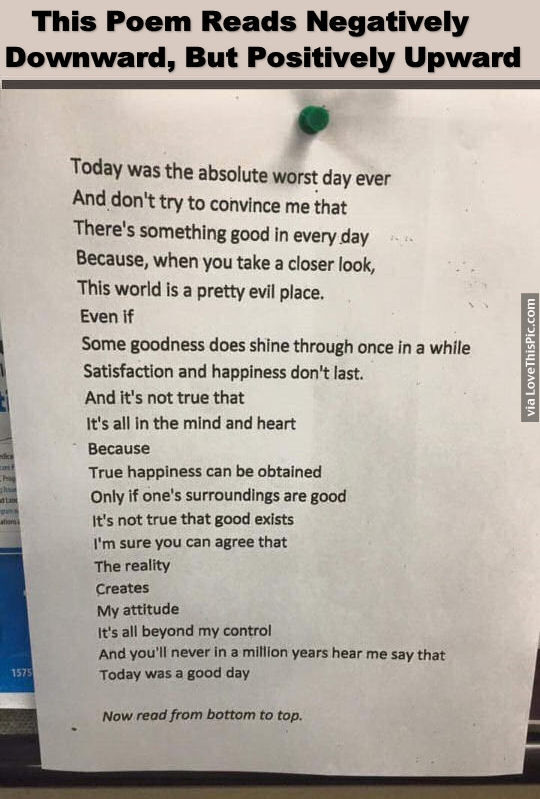
 |
| Samuel Mang'era, Kenyatta University's Arboretum in Nairobi | PTP Studios |

Messages to the Coronavirus
by Eyder Peralta
International Correspondent, East Africa
"We also cannot afford to pay you too much attention" -
especially with a huge plague of locusts at hand.
- Samuel Mang'era
Dear Corona virus,
Welcome to Kenya. A few things you should know. Here we don't die of flu, don't be surprised if you fail to succeed. Usishangae [Don't be surprised], everything fails in Kenya. We are more likely to die of a cholera attack than to be killed by you. For us, every day is a run escape from death. We are the walking dead. Death is part of our lives the shadow that lingers over us from the time the umbilical cord is cut and buried behind the house to the time we fundraise for expensive arrangements to bury a no longer useful block of dead meat. Death can befall us anytime and we are not scared. It if comes, let it come. Why worry over what we can't control? Everything dies right? Even you corona will die!
Samuel Mang'era

Poem by Crown Heights Jewish Teen Goes Viral

Grief
by Nancy Cross Dunham
what I'm learning about grief ...
is that it need not be
a heavy gray shawl
to wrap myself in,
clutching my arms tightly
across my chest
nor ...
need it be
a granite rock
that I should try
to push away
neither is it ...
... at least, no longer ...
a vast dark ocean
ready to pick me up
and slap me down
without warning
what I'm learning about grief ...
is that it is not me,
but that it offers
to become a friend
a friend ...
who will lightly lay a hand
on my shoulder
when tears come in the dark
a friend ...
who will laugh
out loud with me
at remembered silly moments
a friend ...
who can still hear
the music of our life
what I'm learning about grief ...
is that this friend
doesn't intend
to leave me
but promises
to hold my hand
to carry my memories
a friend ...
who will bear witness to my love
as I venture
toward the next day
and the following night
Nancy Cross Dunham


“The Peace of Wild Things”
When despair for the world grows in me
and I wake in the night at the least sound
in fear of what my life and my children’s lives may be,
I go and lie down where the wood drake
rests in his beauty on the water, and the great heron feeds.
I come into the peace of wild things
who do not tax their lives with forethought
of grief. I come into the presence of still water.
And I feel above me the day-blind stars
waiting with their light. For a time
I rest in the grace of the world, and am free.
Wendell Berry






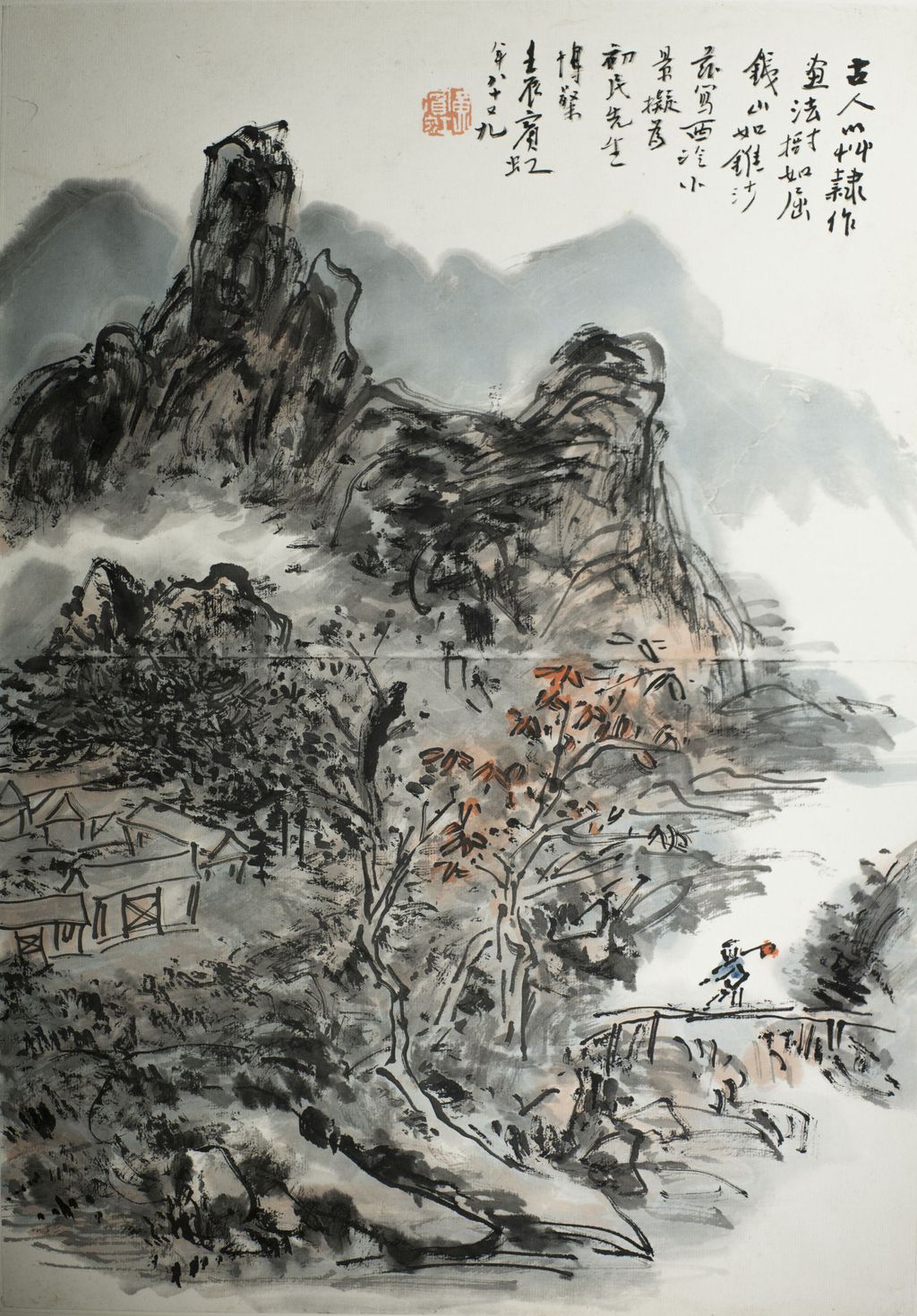







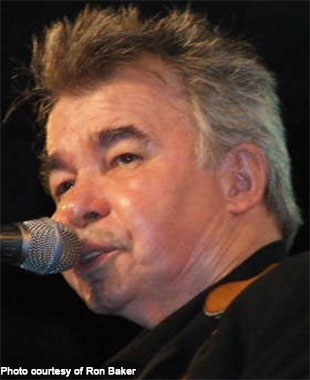






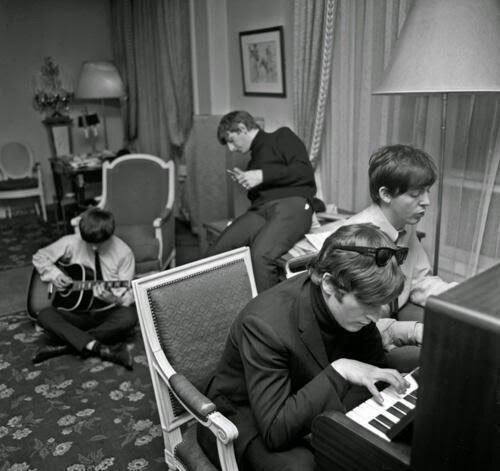






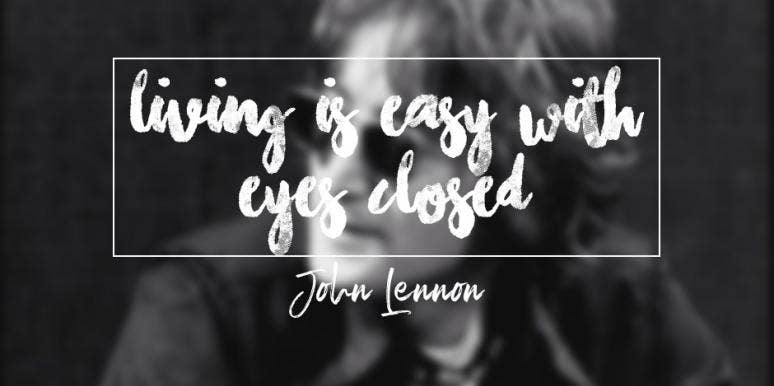
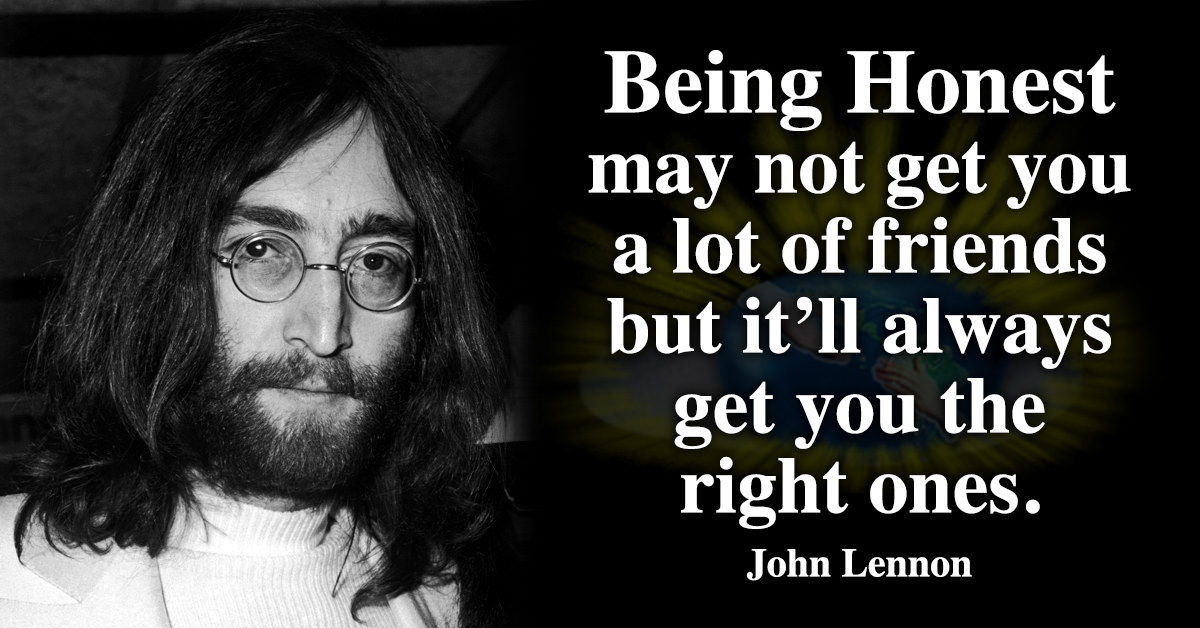
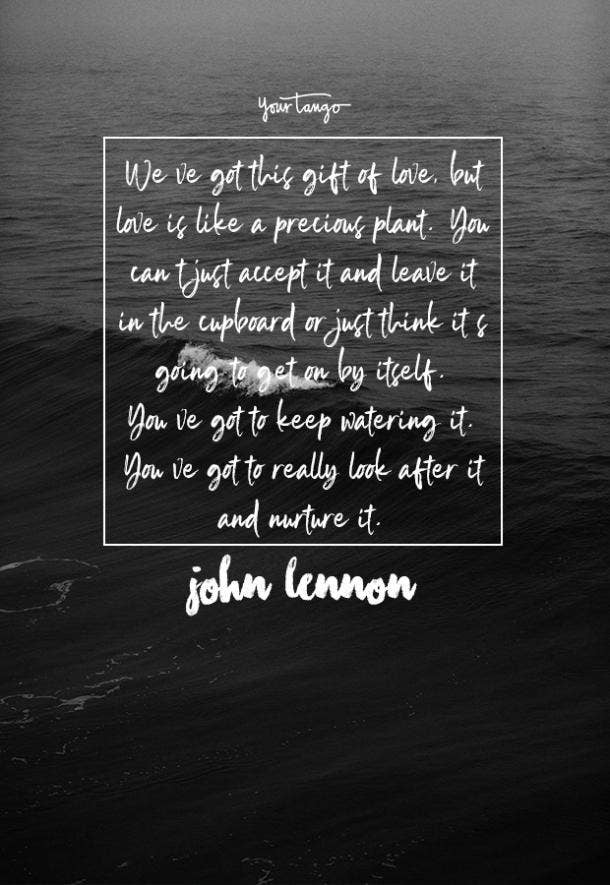






![Théodore Géricault - The Raft of the Medusa, Sketch [1818]… | Flickr](https://live.staticflickr.com/3870/14920956826_10f9a3d3dd_b.jpg)



